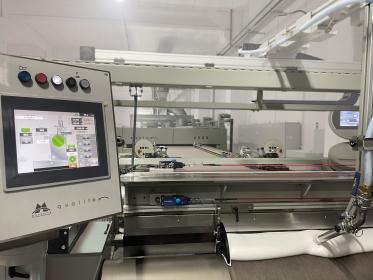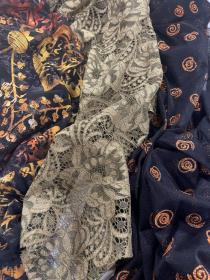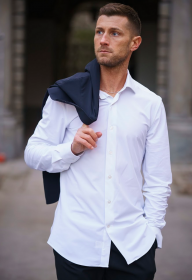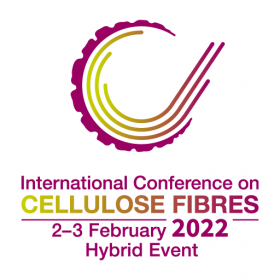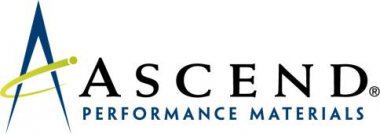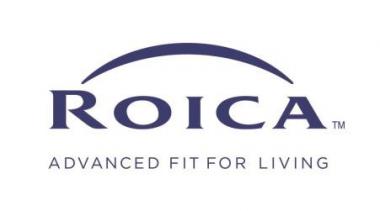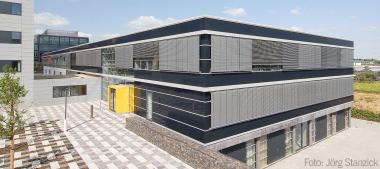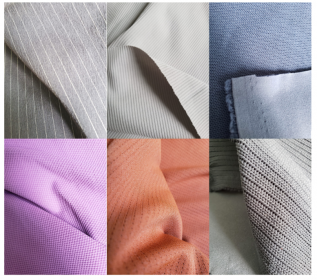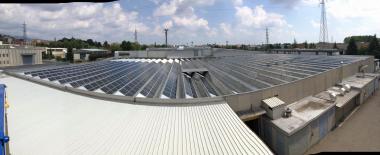Eco-high tech biking uniform designed for SCOTT Racing Team
For the year 2022 SCOTT Racing Team confirms its partners who kept developing and evolving its uniform in the last three years: the knitwear factory Rosti, known for its technical excellence on product and image, the premium stretch fiber ROICA™ by Asahi Kasei, internationally recognized for stretch innovation and responsibility, and Sitip, a company specializing in the production of stretch and circular fabrics that combines tradition and innovation with a choice of sustainable production. A uniform created starting from the athletes' needs to offer them the best solution in terms of style and ergonomics, high performance, easy maintenance, perfect fit and sustainability.
This year, the evolution of research and development has led to the creation of new responsible shorts, made with NATIVE-THUNDERBIKE POWER fabric by Sitip in recycled polyamide and ROICA™ EF yarn by Asahi Kasei. A fabric designed for high-performance sports, particularly suitable for making cycling pants for its maximum coverage and UV protection - thanks to ECLIPSE Sun Protection technology - breathability, comfort and fit. Also the shirt has been produced with Sitip recycled fabrics - NATIVE-BICIMANIA and NATIVE-PIRATA - made with Asahi Kasei's ROICA™ EF* sustainable, stretch and certified recycled yarns. This composition, together with Sitip MICROSENSE Soft Performance technology, made the shirt breathable, offering maximum comfort on the skin.
C.L.A.S.S. Eco Hub / ROICA™ by Asahi Kasei











